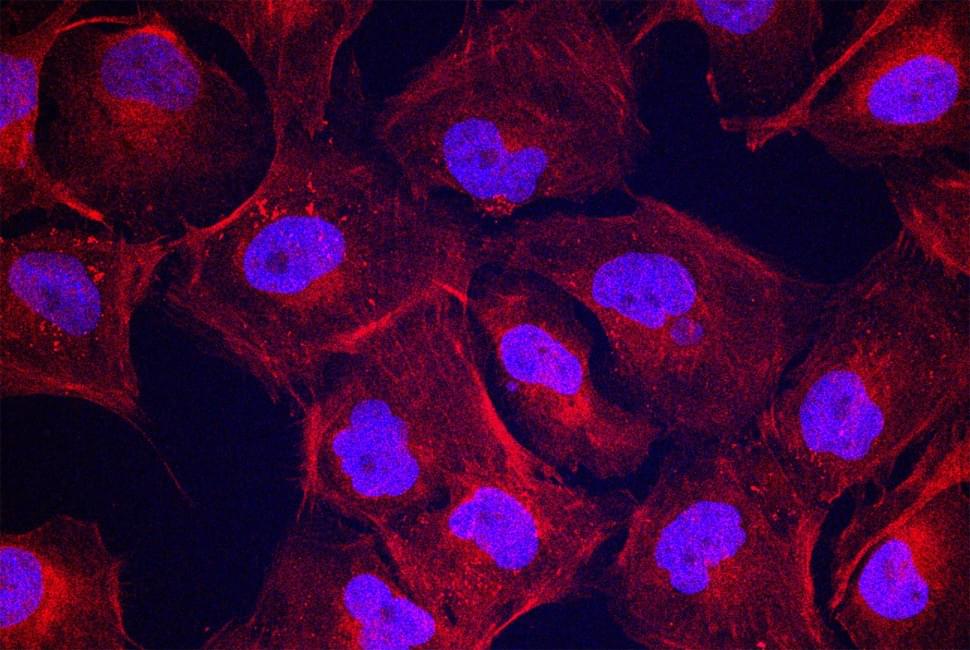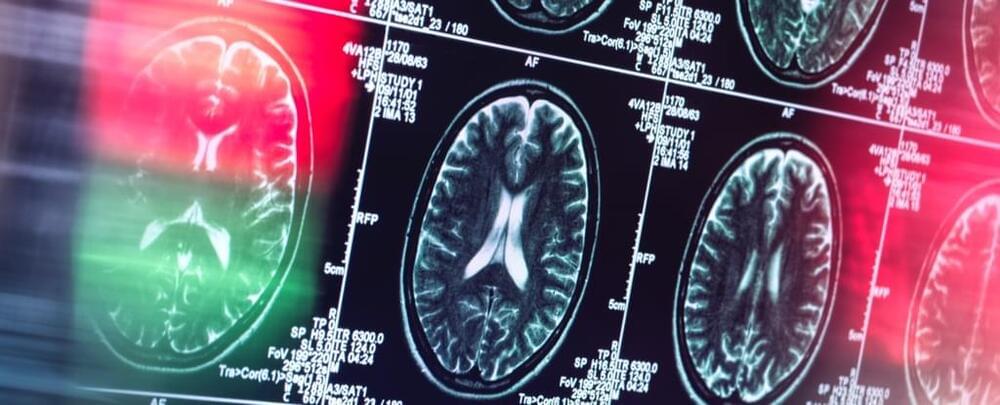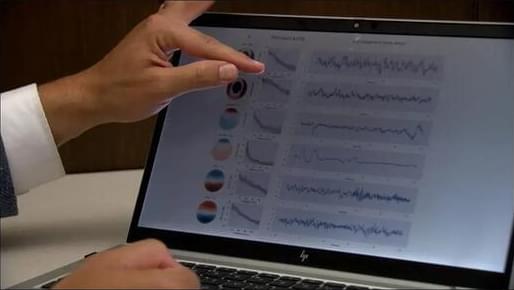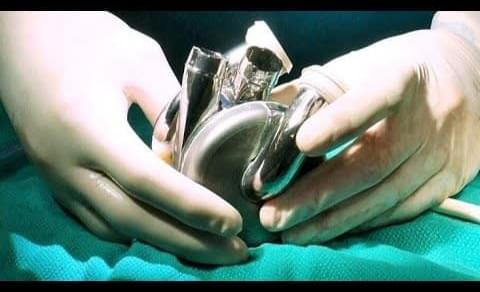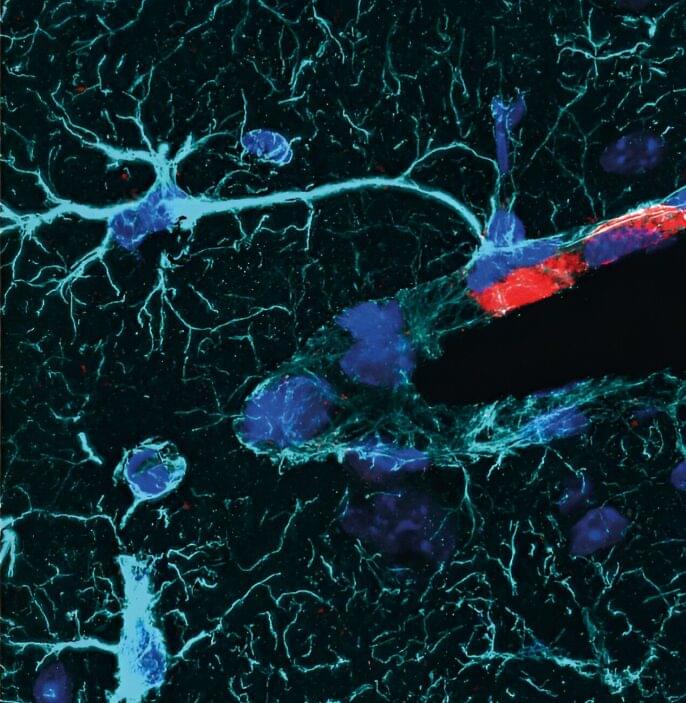Aug 20, 2024
NASA and ISS National Lab Collaborate on $4M Grant for Space-Based Disease Research
Posted by Laurence Tognetti, Labroots Inc. in categories: biotech/medical, government
“Space-based research has a long history of contributing to advancements on Earth,” said Dr. Lisa Carnell.
The International Space Station (ISS) has been a beacon of scientific and medical research ever since the station’s first module was launched in 1999, as astronauts continue to push the boundaries regarding microgravity research that has contributed to advancing science and medical knowledge back on Earth. To continue this, NASA and the ISS National Laboratory recently announced a partnership through the ISS National Lab Research Announcement (NLRA) 2024-09: Igniting Innovation: Science in Space to Cure Disease on Earth that will provide up to $4 million with the goal of helping to advance disease diagnosis and treatment back on Earth.
Through collaboration between government agencies, industry, and academia, the NLRA hopes to accomplish several objectives pertaining to developing medical technologies on Earth, including disease mechanism models, population and disease diversity, drug discovery & development, drug delivery, and drug resistance. This announcement comes after the ISS National Laboratory announced in July 2024 that five projects were selected for the Cancer Research in Space for Life on Earth with the goal of providing $7 million in grants to advance cancer research in microgravity onboard the ISS.


